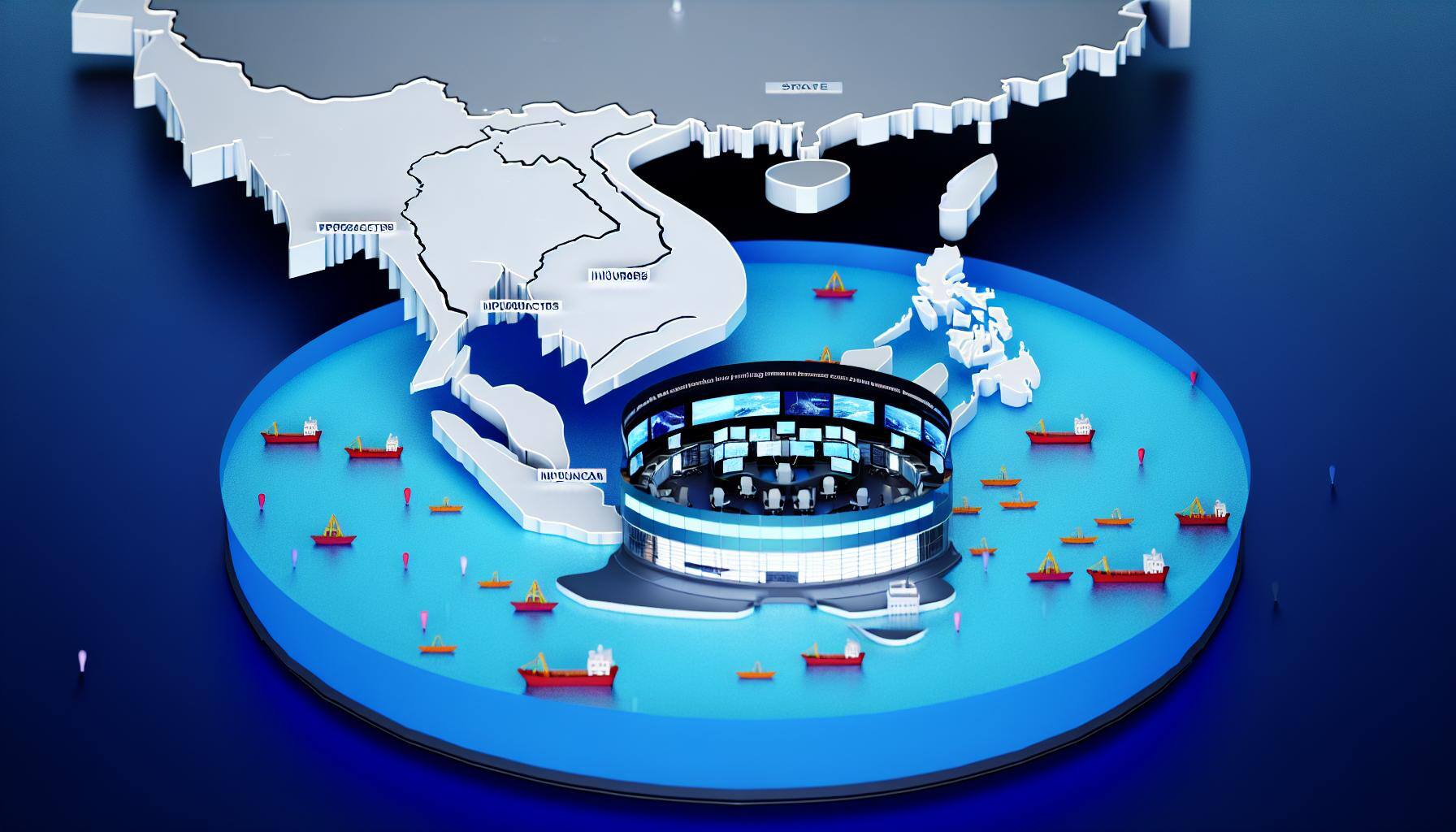The threat of piracy and armed robbery (PAR) in Southeast Asia is not as severe as commonly portrayed in news reporting.
The collection of data on PAR incidents has improved, resulting in increased reporting. Meanwhile, maritime law enforcement has steadily improved and increased cooperation among Southeast Asian states and private sector actors has taken place. Private maritime security companies (PMSCs) were hired in the past, but the roles of shippers and insurers have taken a more active role in maritime security governance processes. Insurers and shippers have become key stakeholders alongside increasingly capable states and as a result, par policies increasingly rely on cooperation between industry and state actors.
The effectiveness of PMSCs was limited, and demand for private security has decreased. By contrast, international shipping legislation has transformed insurers and shippers into key security stakeholders. In response to 9/11, shipping firms began to consider the insurance and reinsurance market and began focusing on proactively identifying and responding to geopolitical risks. Today, the maritime industry plays a role in developing and implementing regulatory frameworks. Shipping companies are required to implement specific security measures, including following regulations on security personnel and biometric identification. As a result, anti-PAR policies depend on close cooperation between state and industry actors.
As PMSCs have declined, international shipping legislation has transformed insurers and shippers into key security stakeholders. The roles of shippers and insurers have grown alongside maritime capabilities of Southeast Asian states, and Lloyd's Market Association's decision in 2005 marked an inflection point, with economic pressure from industry actors playing a significant role in shaping security practices.
The security role of shippers and insurers has partly eclipsed that of states, with insurers and shippers self-regulating in ways that support the policy agendas of multilateral organizations and governments, and also inform regulatory agendas. As insurers and shippers shape norms and regulations, they have emerged as key stakeholders shaping maritime security in Southeast Asia. While pushing back against PMSC activity, states have ultimately not challenged the security role of insurers and shippers; instead, they actively promote their functioning as governance actors. Private actors increasingly occupy key governance functions, reflecting a broader trend in the globalised economy.
It is clear that the regional threat of piracy and armed robbery at sea is reducing in significance. The private sector, most notably the insurance and shipping industries, has emerged as key participants in developing and implementing anti-PAR strategies. States and the private sector are cooperating to develop and implement regulatory frameworks that can support maritime security enforcement, while balancing safe and secure shipping with business interests.





